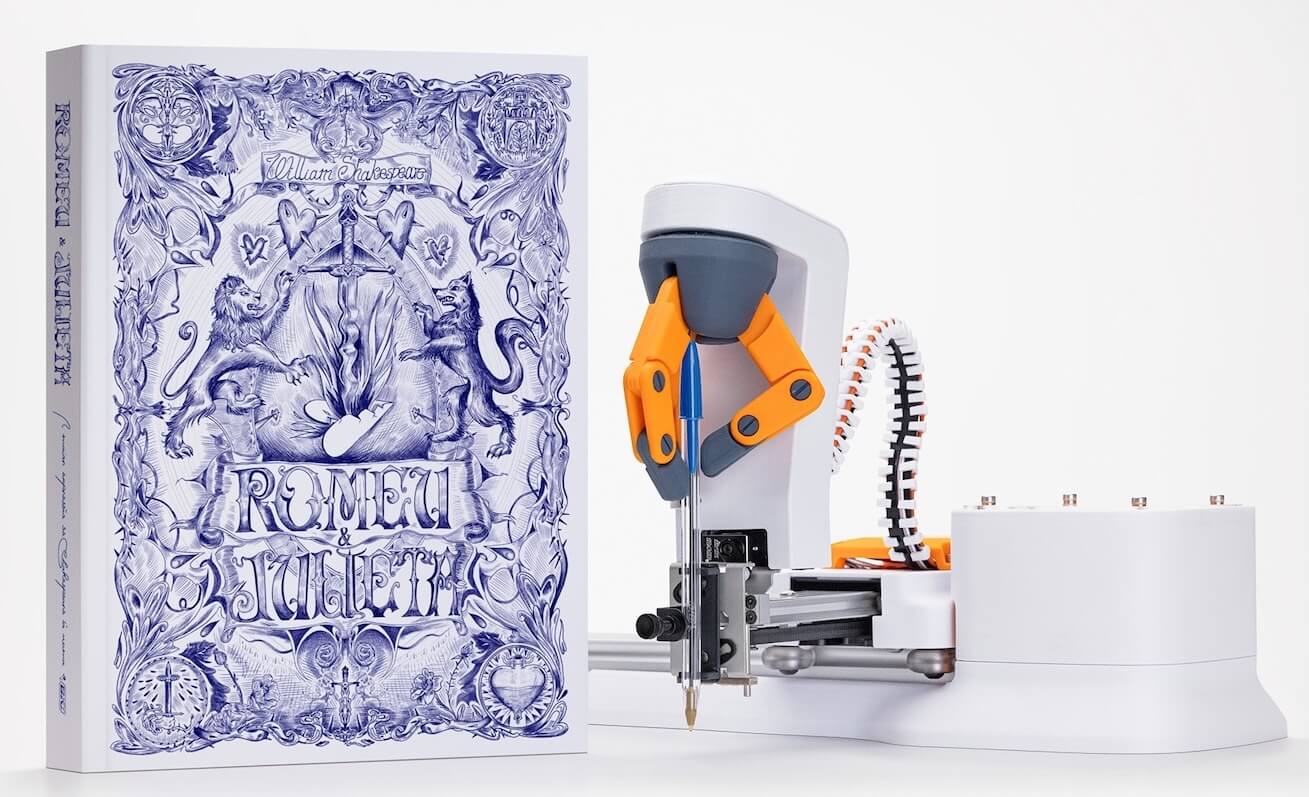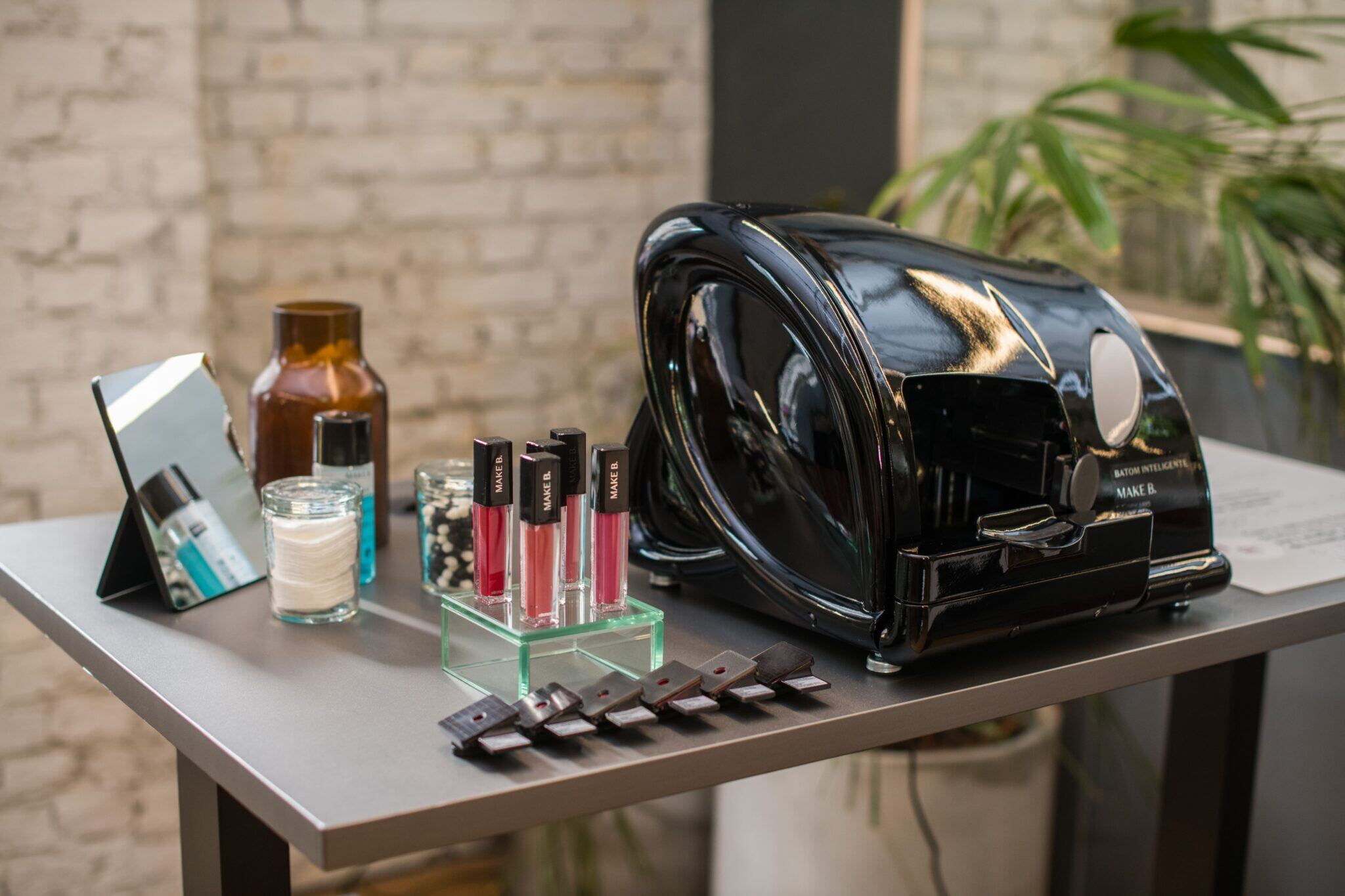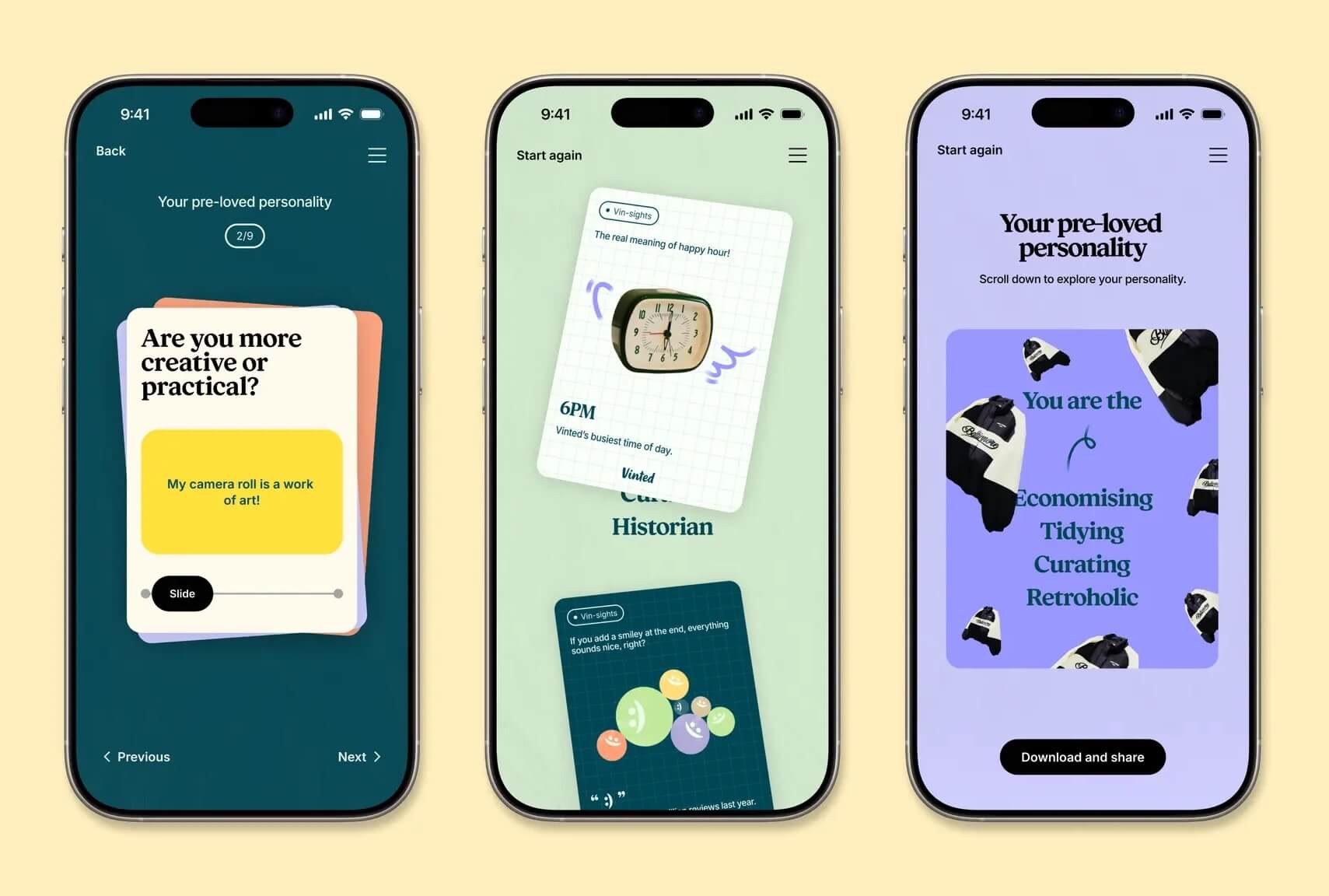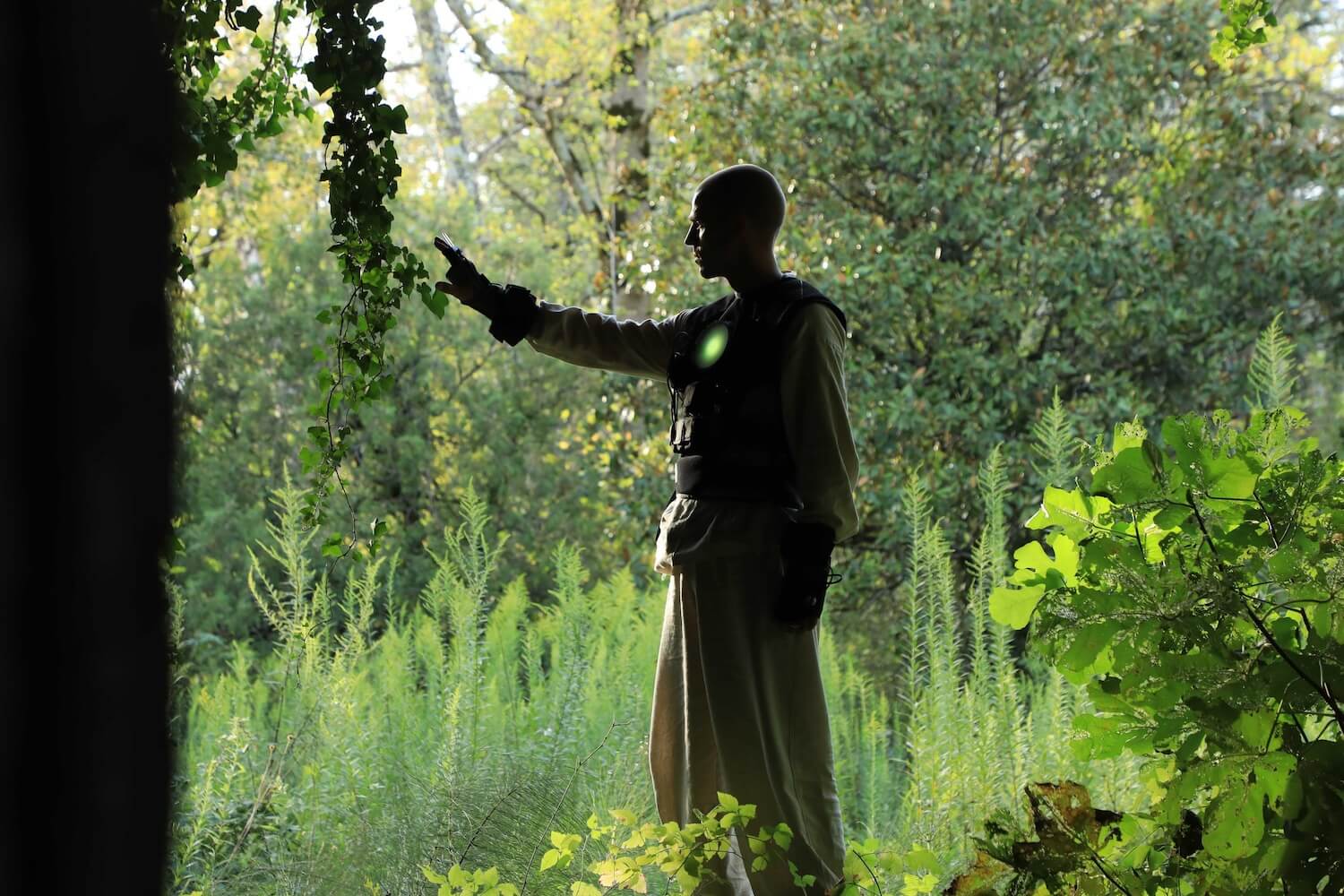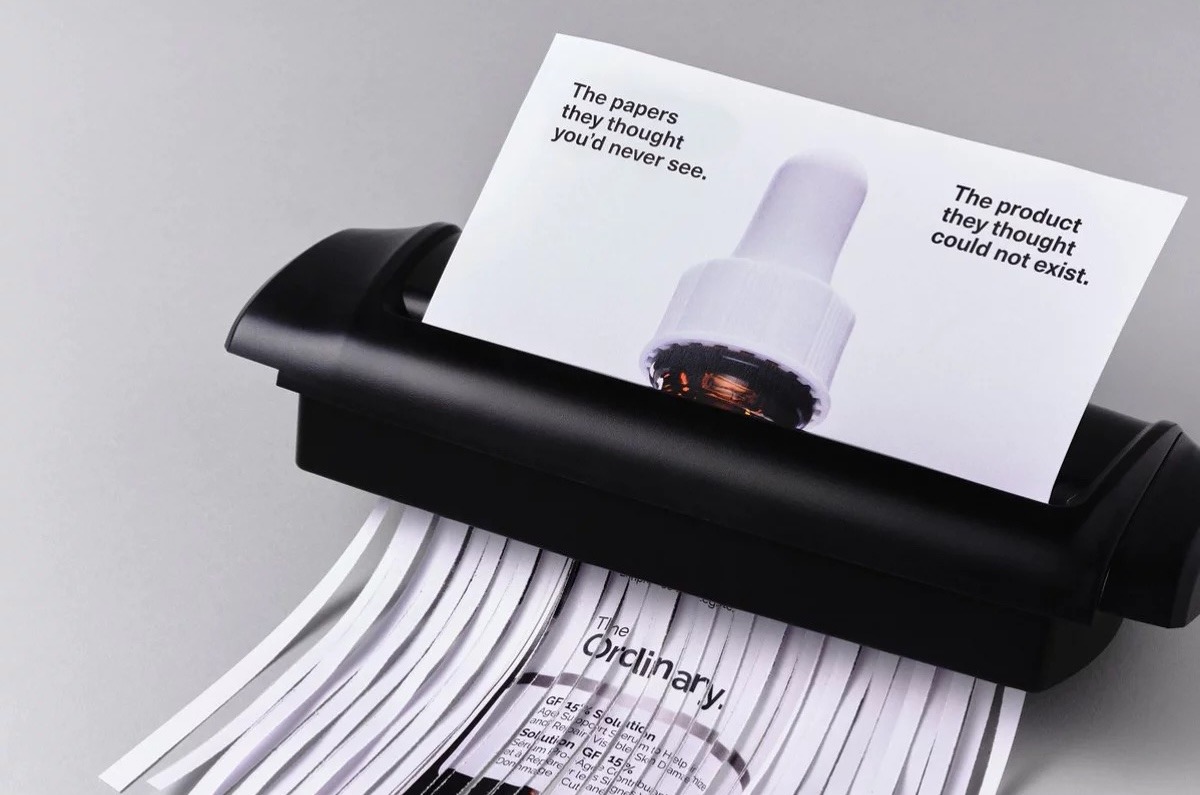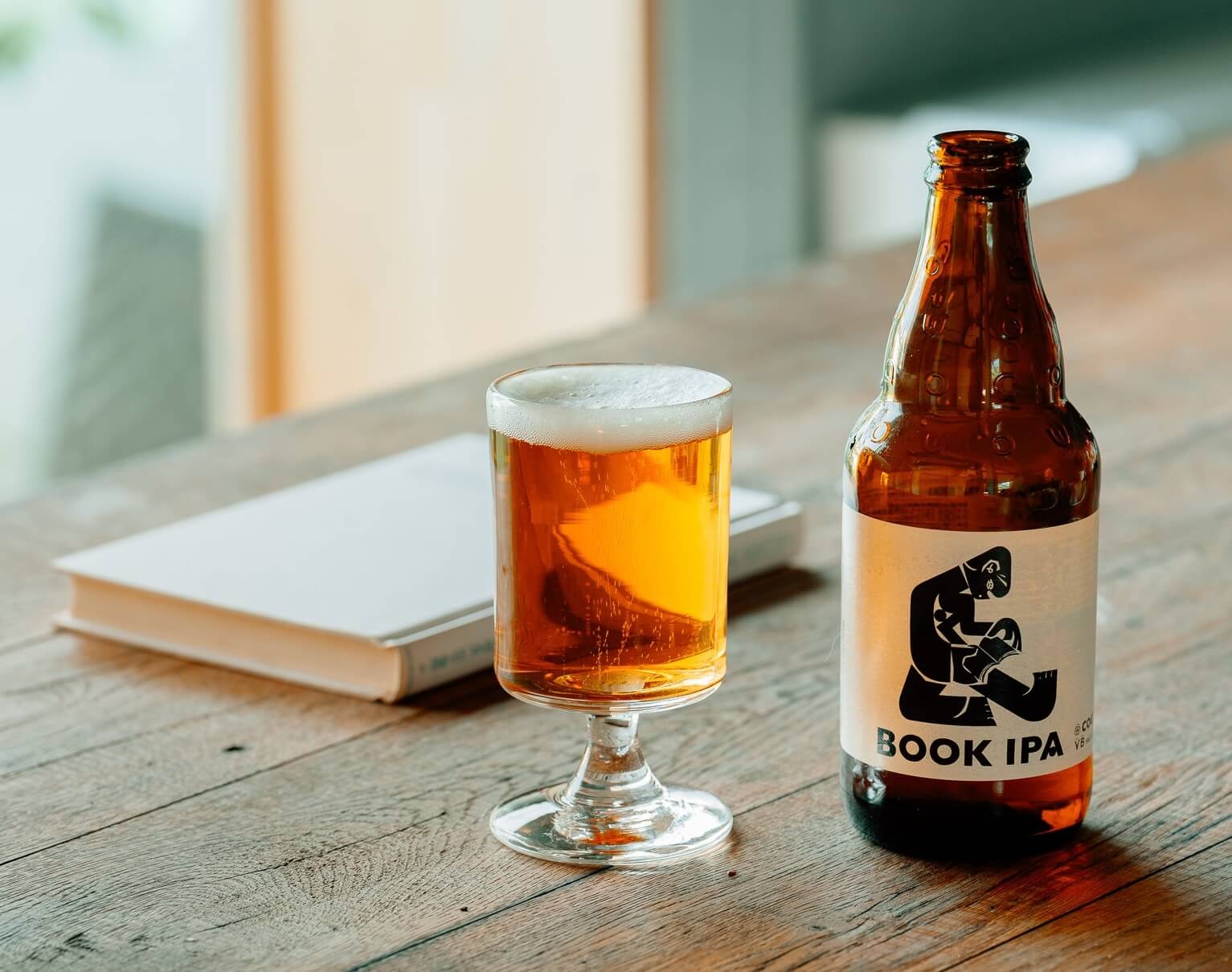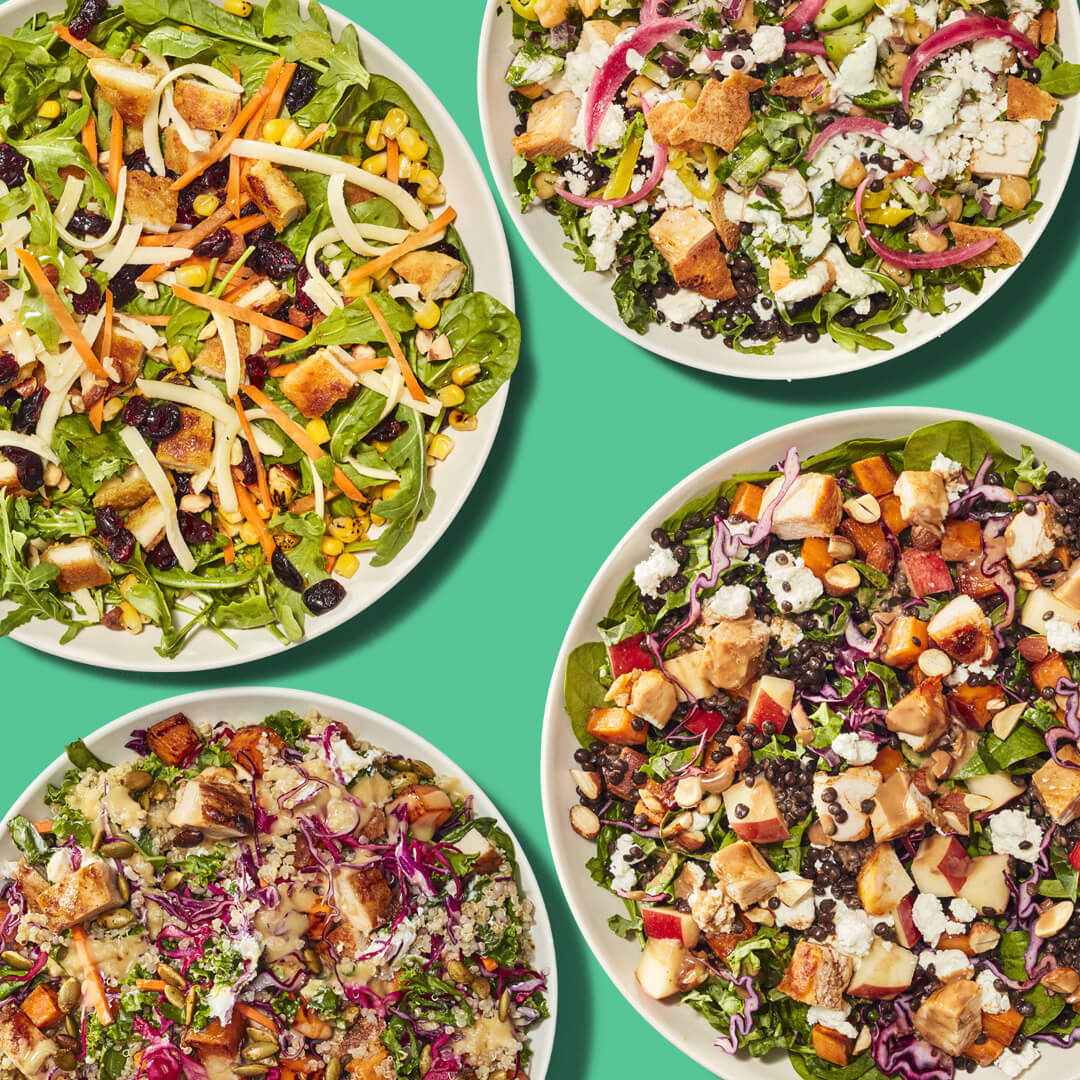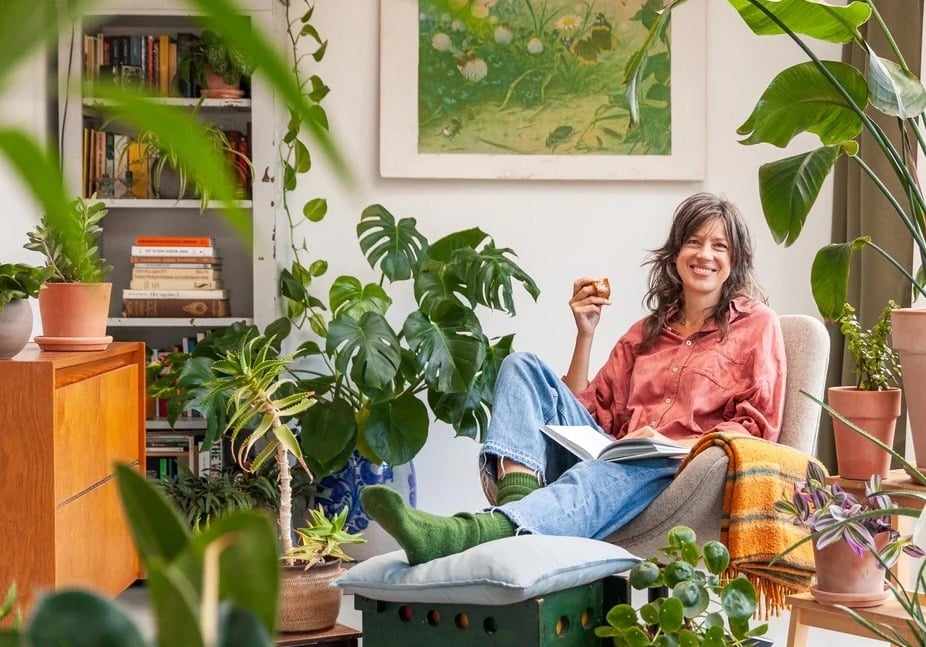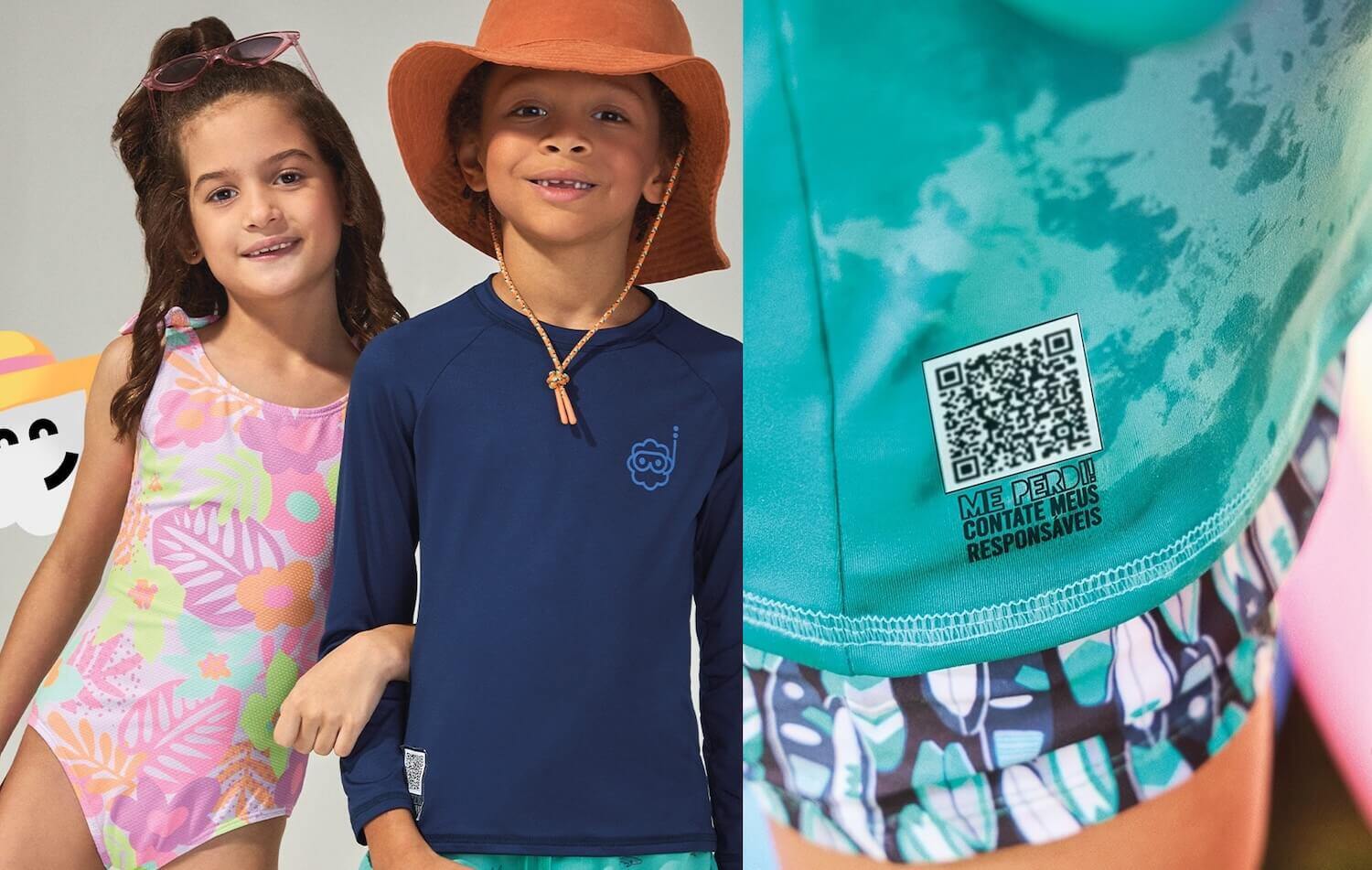Fusing a design icon, classical literature and modern technology, BIC Brazil found an ingenious way to showcase the iconic Cristal ballpoint's durability. To celebrate the pen's 75th anniversary, the French manufacturer used a robotic arm to transcribe the entirety of Shakespeare's Romeo and Juliet using just one Cristal. The arm wrote for 63 continuous hours and still had ink to spare.
Based on the sole surviving manuscript in Shakespeare's handwriting, BIC's team used AI to analyze the script and create over 20 versions of the bard's scrawl before landing on an authentic representation. The resulting work, a 212-page book, was donated to the Real Gabinete Português de Leitura in Rio de Janeiro.
By transcribing one of the world's most enduring love stories with its equally enduring pen, BIC makes a compelling case for the Cristal's legacy. Besides reminding viewers of how good blue ink looks on paper, the experiment explores the role of automation in creative processes — particularly relevant as businesses navigate the balance between embracing advancements in AI and maintaining a human touch.
Select your country
- Argentina
- Australia
- Austria
- Belgium
- Brazil
- Cambodia
- Canada
- Chile
- China
- Colombia
- Costa Rica
- Croatia
- Czechia
- Denmark
- Estonia
- Finland
- France
- Germany
- Ghana
- Greece
- Guatemala
- Hong Kong
- Hungary
- Iceland
- India
- Indonesia
- Ireland
- Israel
- Italy
- Japan
- Kenya
- Latvia
- Lithuania
- Malaysia
- Mexico
- Morocco
- Netherlands
- Nigeria
- Norway
- NZ
- Paraguay
- Phillippines
- Poland
- Portugal
- Puerto Rico
- Romania
- Serbia
- Singapore
- Slovakia
- Slovenia
- South Africa
- South Korea
- Spain
- Sweden
- Switzerland
- Taiwan
- Thailand
- Turkey
- UAE
- UK
- Ukraine
- US
- Uruguay
- Venezuela
- Vietnam
Select your country
- Argentina
- Australia
- Austria
- Belgium
- Brazil
- Cambodia
- Canada
- Chile
- China
- Colombia
- Costa Rica
- Croatia
- Czechia
- Denmark
- Estonia
- Finland
- France
- Germany
- Ghana
- Greece
- Guatemala
- Hong Kong
- Hungary
- Iceland
- India
- Indonesia
- Ireland
- Israel
- Italy
- Japan
- Kenya
- Latvia
- Lithuania
- Malaysia
- Mexico
- Morocco
- Netherlands
- Nigeria
- Norway
- NZ
- Paraguay
- Phillippines
- Poland
- Portugal
- Puerto Rico
- Romania
- Serbia
- Singapore
- Slovakia
- Slovenia
- South Africa
- South Korea
- Spain
- Sweden
- Switzerland
- Taiwan
- Thailand
- Turkey
- UAE
- UK
- Ukraine
- US
- Uruguay
- Venezuela
- Vietnam

